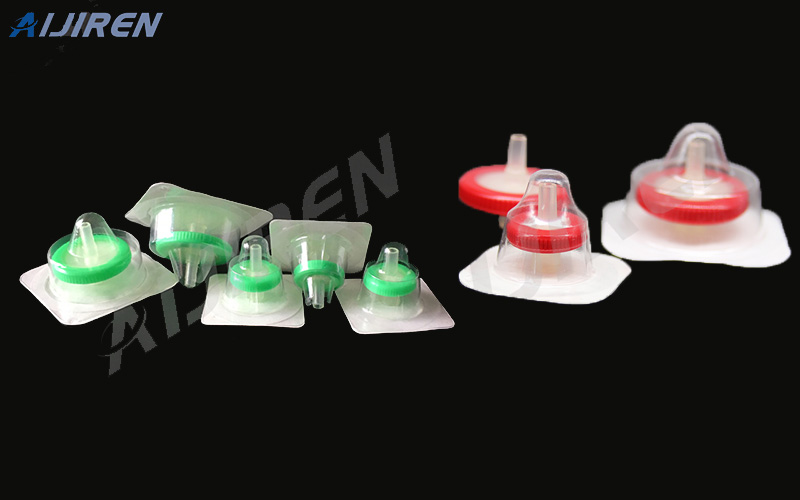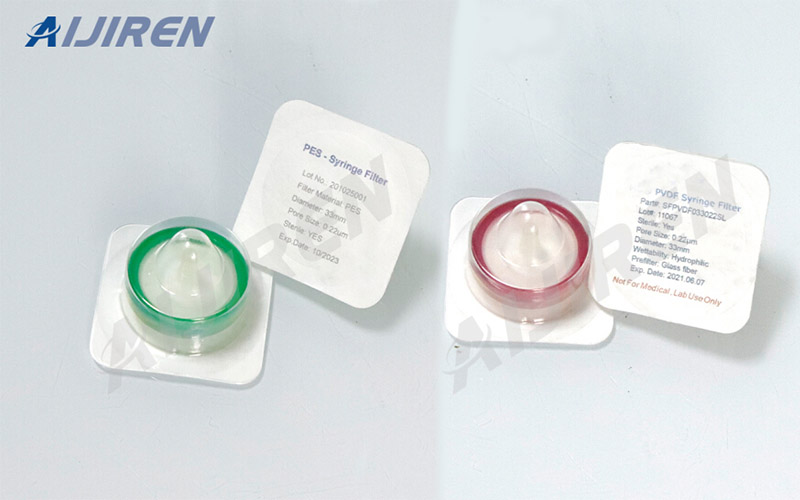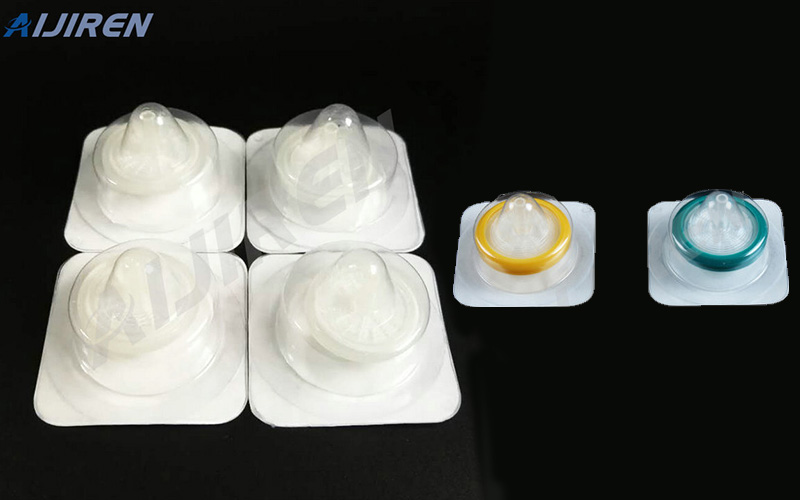What is a Sterile Syringe Filter?
A sterile filter is a synthetic membrane designed to prevent particles including bacteria and proteins from moving from one container to another. Almost every aspect of medical treatment includes the use of sterile filters. Some of these filters are designed to be used multiple times after re-sterilization, while others are only approved for one use.
Many aqueous sterile filters are made from a mixture of cellulosic materials called esters (MCE). Polyethersulfone (PES) and nylon polyester amide are also commonly used in the production of filter membranes, and are often used for dry air filtration. If the use of sterile filters with liquids is not particularly recommended, care should be taken to avoid contact with aqueous materials.

A sterile filter is used in compressed air pumps used in many medical institutions. Before the air filter needs to be replaced, most air filters can be sterilized at least 100 times in an autoclave. The size of the filter is determined by the expected air pressure flowing through the filter.
Sometimes, compressed sterile air filters can be used to create clean rooms free of bacteria and other harmful particles for people with compromised immune systems. Each air supply pump is also equipped with a sterile air filter to ensure the delivery of pollution-free air. These air filters are usually sterilized by gamma rays and packaged separately.

The sterile filter can be placed in a syringe used to inject or expel liquid into the body. When collecting blood and certain tissues in preparation for diagnostic culture, syringe filters are usually used. The sterile filter can also be used to separate certain enzymes and proteins from the fluid sucked by the patient. Syringe filters are usually packaged for single use and should be disposed of in an appropriate waste container together with the used syringe.
Sterile filters can be used for point-of-use (POU) water filtration for people with compromised immune systems. Many skilled nursing facilities have installed POU water filtration systems in various rooms and food preparation areas. Most POU sterile filters are disposable and designed to be easy to disassemble and replace.

The POU water filtration system is also installed in the homes of people with reduced immune responses. Advanced filtration can improve health and reduce the incidence of infections. After continuing to use, the sterile filter in the POU needs to be replaced.
Sterile syringe filters can be filtered with different material membranes. The following are the characteristics of different material membranes:
PP membranes: These multivalent membranes are used for the preparation of mixed samples. They have good chemical compatibility with water/organic mixtures.
PTFE membrane: These PTFE membranes are specially designed for filtering corrosive gases and organic solvents. Has excellent chemical resistance. . Very suitable for filtering rough chemicals.
Nylon Membrane: These versatile filters are suitable for the preparation of aqueous and solvent-based samples. It is chemically compatible with esters, alkalis and alcohols. . It has a wide range of chemical resistance to common solvents. Not recommended for acid <gt /> 1N or halogenated solvents.
Cellulose Acetate membrane: The surface is not treated with a wetting agent. This is particularly useful for cell culture applications
PES filter membrane: With the characteristics of ultra-low precipitation and high flow rate, it is an ideal choice for cell culture applications.


